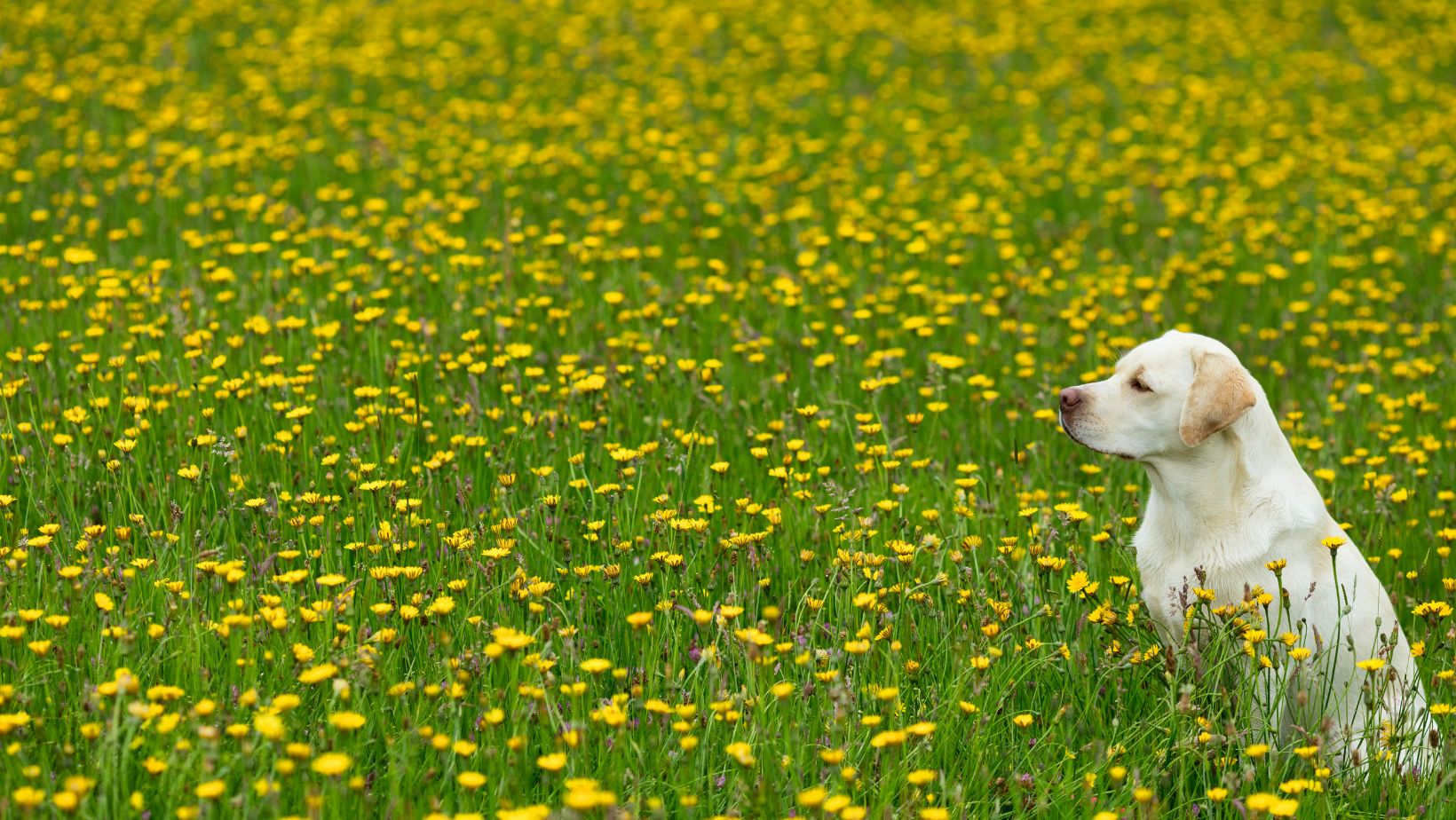How to Get Your Puppy to Stop Eating Poop
If you’re wondering how to get your Labrador puppy to stop eating poop, you’re not alone. This behaviour, known as coprophagia, can be both perplexing and concerning for dog owners. Luckily, there are several strategies you can try to discourage this habit and keep your furry friend from indulging in their unsavoury snack.
Firstly, it’s important to understand why puppies engage in this behaviour. Some experts believe that it could be a natural instinct inherited from their ancestors who would eat faeces to hide their presence from predators. Others suggest that it may stem from nutritional deficiencies or simply out of curiosity. Regardless of the reason behind it, addressing the issue promptly is crucial for your puppy’s health and well-being.
To tackle this problem head-on, one approach is to ensure that your Labrador receives a balanced and nutritious diet. Providing them with high-quality dog food that meets their dietary needs can help reduce the chances of them seeking out other sources of nutrients like faeces. Additionally, closely monitoring your puppy during potty breaks and immediately cleaning up after them can limit access to waste materials.
Tips for Managing Your Labrador Puppy’s Environment
One key aspect of positive reinforcement is consistency. Make sure to consistently reward your puppy when they refrain from eating poop or exhibit any desired behaviour. This will help them understand that their actions have consequences and that making the right choice leads to rewards.
To implement positive reinforcement effectively, consider the following steps:
- Use tasty treats: Find a treat that your Labrador absolutely loves and use it as a reward for good behaviour. Whenever your pup resists the temptation of eating poop, immediately praise them and offer a treat as a reward.
- Timing is crucial: Timing plays a vital role in positive reinforcement training. It’s important to provide the reward promptly after your puppy displays the desired behaviour so they can make an association between their action and the reward.
- Be patient: Changing any habit takes time, so be patient with your Labrador puppy during this training process. Consistency and repetition are key factors in helping them understand what is expected of them.
- Redirect their attention: If you catch your puppy about to indulge in poop-eating behaviour, redirect their attention by calling them over or offering a toy or chew treat instead. Once they engage with something more appropriate, praise and reward them for choosing the alternative option.
- Gradually reduce treats: As your Labrador becomes more consistent in avoiding poop-eating behaviours, gradually decrease the frequency of treats but continue to offer verbal praise or petting as rewards instead.
Remember, positive reinforcement focuses on rewarding desired behaviours rather than punishing unwanted ones. By using this method consistently and patiently with your Labrador puppy, you can help curb their poop-eating habits while strengthening the bond between you both.
Managing Your Labrador Puppy’s Environment
When it comes to preventing your Labrador puppy from eating poop, managing their environment plays a crucial role. By creating a safe and clean space for your furry friend, you can significantly reduce the chances of them engaging in this unsavoury behaviour. Here are a few tips to help you manage your Labrador puppy’s environment effectively:
- Supervision is key: Keeping a close eye on your puppy is essential, especially during potty breaks and outdoor playtime. By supervising them, you can quickly intervene if they show any interest in consuming faeces.
- Regular yard cleanup: Make sure to regularly clean up your yard or outdoor area where your Labrador roams freely. Removing any faeces promptly will eliminate the temptation for them to indulge in this undesirable habit.
- Leash training: During walks, leash training becomes invaluable in controlling your puppy’s movements and ensuring they don’t have access to feces along the way. Keep them close by using a sturdy leash and discourage any attempts to sniff or ingest waste.
- Proper waste disposal: Dispose of your dog’s waste properly by bagging it securely and throwing it in designated trash bins. This practice not only maintains cleanliness but also prevents other animals from being attracted to the area.
- Distraction with toys and treats: Redirecting your Labrador’s attention away from feces is crucial in breaking the habit effectively. Offer stimulating toys, engage them in interactive play sessions, or reward good behavior with tasty treats as distractions.
Remember that consistency is key when implementing these environmental management strategies for your Labrador puppy. With time and patience, you’ll be able to create an environment that discourages poop-eating behavior while promoting healthy habits instead.
